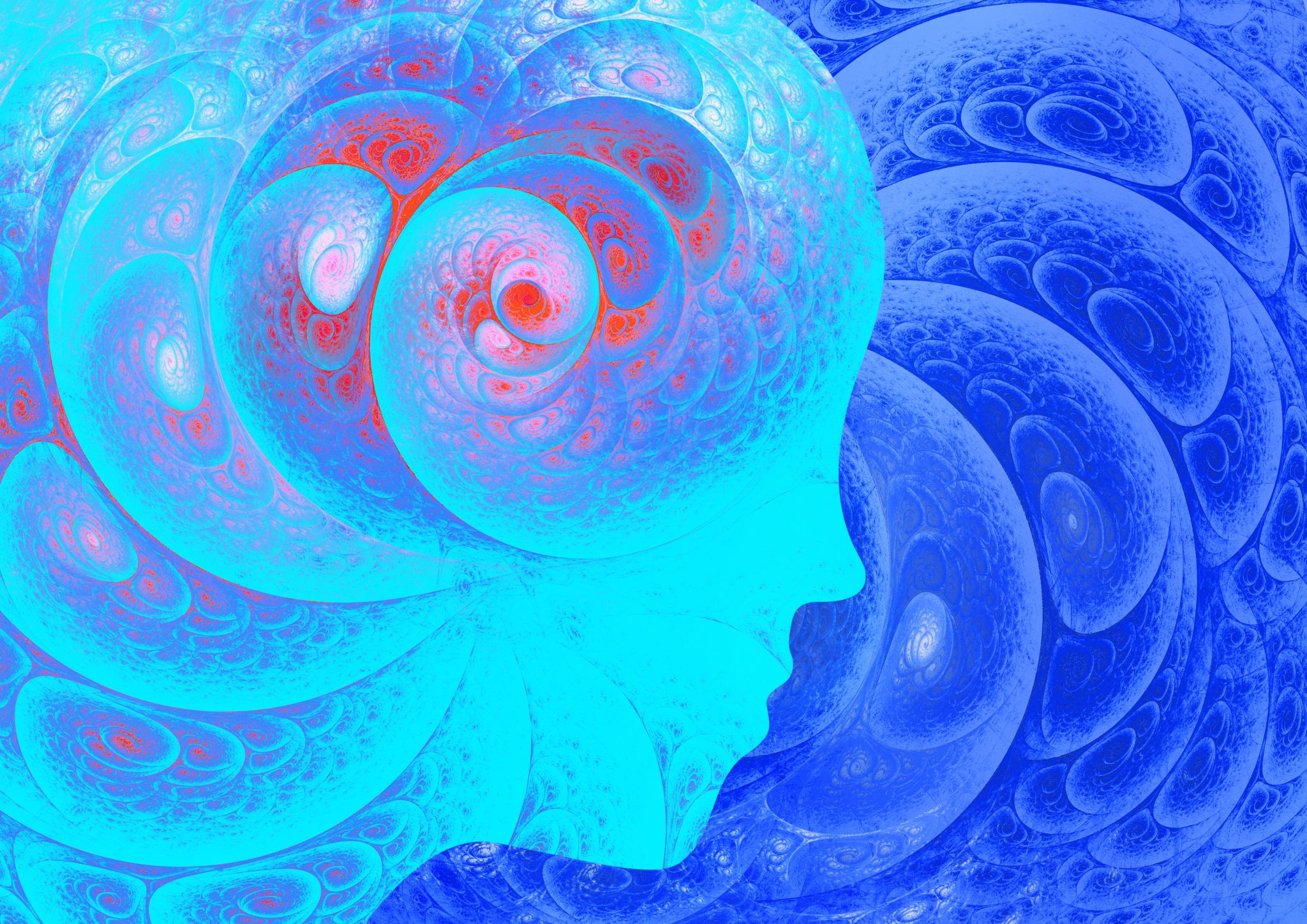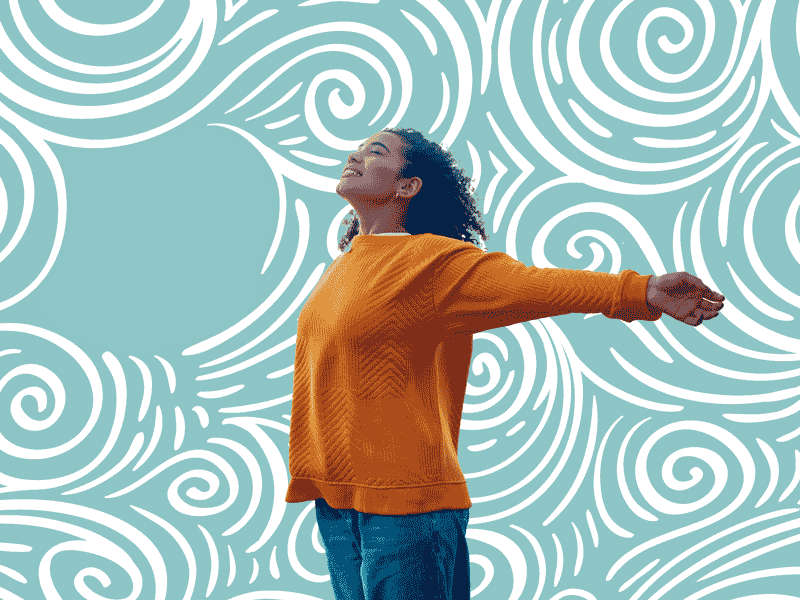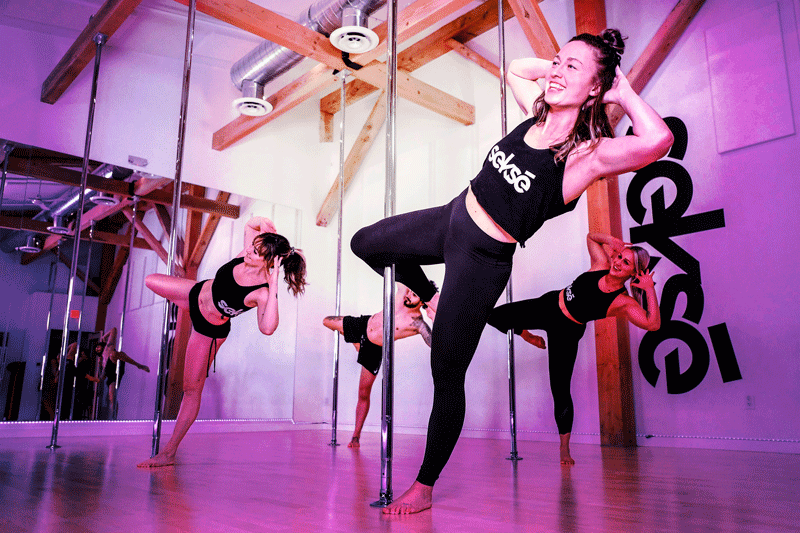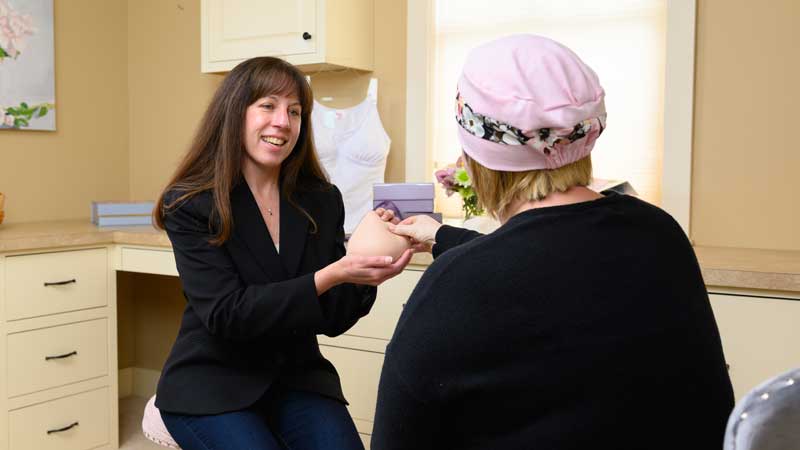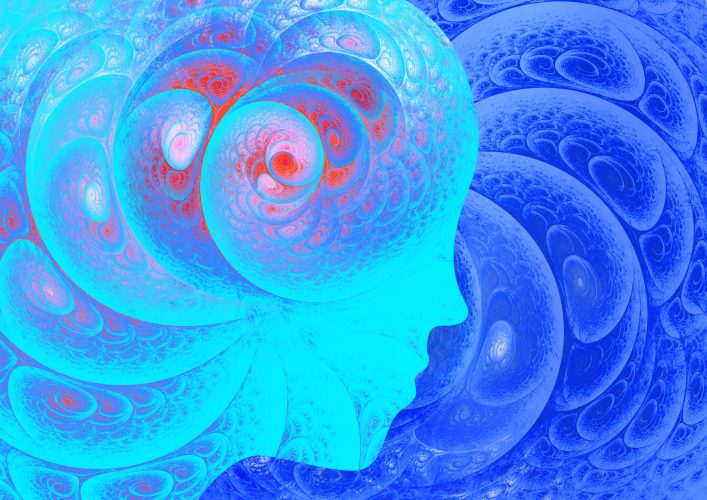
For most of Cheryl Mill’s life, no one around her talked about adverse life experiences. “It used to be that you didn’t talk about trauma,” she said. “You learned to suck it up.” But in the past several decades, trauma and its impacts on mental and physical health have become much more understood. Research-based books such as The Body Keeps the Score by Bessel van der Kolk M.D. have shed light on how overwhelming experiences affect the development of brain, mind and body awareness, all of which can alter our capacity for love and work.
“We’ve learned that sucking it up doesn’t help,” said Mills, thirty-five-year resident of Bend and co-founder of Haelan House and the Healing Trauma Conference. “Burying trauma actually tends to make things worse. Trauma gets stuck in the body, and comes out as pain, disease, illness, relationship issues and addiction issues.”
The good news to come from this modern body of research is that, just as trauma occurs within the body, so may it be healed. There are many methods for healing trauma—this is the message Mills is determined to spread through Haelan House, a non-profit she founded with fellow Bend resident Susanne Frilot. “Haelan,” from Old English, means “to heal.” The organization presents the Healing Trauma Conference in Bend, in its fourth year this May.
Mills is certified in mindfulness and meditation training. She met a like-minded soul in Frilot, who runs a Meetup called the Bend Wellness Community. In 2018, the two were discussing the concept of ACES, or adverse childhood experiences, which can include sexual or emotional abuse or neglect, food or housing insecurity, witnessing violence and addiction, and more, all of which are now widely acknowledged to impact adult health and stability. “What are we going to do about this?” said Mills. Frilot replied, “Why don’t we do a conference?”
The first Healing Trauma conference was held in 2019 at Mountain View High School. “It was ambitious but successful,” said Mills, recalling twenty-five practitioners who spoke about modalities for healing trauma. The 2020 and 2021 conferences were held virtually, as will be this year’s event. The primary goal is education, beginning with the basics—what is trauma, and how does it affect ourselves and others in our lives? “There are still many misunderstandings about what constitutes trauma. You don’t have to be a war veteran to suffer the effects of trauma,” Mills explained. “Almost everyone suffers some kind of trauma at some point in their lives, and it’s also a very individual experience. The same events won’t affect two people the same way.”
Mills and Frilot wish to share the many healing resources available in our community. “Often when people first realize they have trauma, they think they need to see a counselor or a doctor,” Mills explained. While there is nothing wrong with those classic approaches, doctors and counselors are quite overwhelmed in the era of COVID-19, and trauma research has unveiled dozens of other successful treatment methods. “There are so many effective modalities to releasing and healing trauma,” said Mills, including acupuncture, dance, journaling, yoga, and EMDR (Eye Movement Desensitization Reprocessing). “We want to introduce new healing modalities from the research, and help people understand that trauma can be healed, and that you can heal yourself.”

